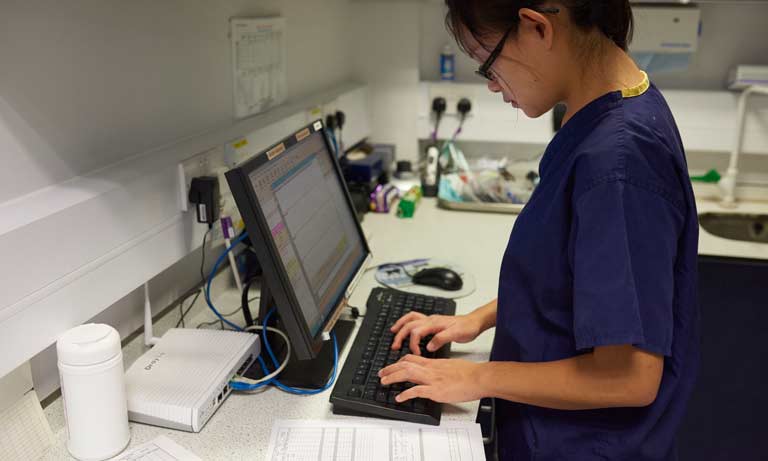New British Veterinary Association President calls for animal welfare alongside client choice to be at the heart of CMA recommendations
26 Sep 2024
Contact tracing programmes across the UK could have a significant impact on the provision of veterinary services. We're urging veterinary professionals to work in small teams and support neighbouring practices.

The four nations of the UK are launching contact tracing programmes to move from blanket lockdown restrictions to a more targeted approach, in line with strategies to ease lockdown restrictions.
Although slightly different across the UK, each programme will ask those who test positive for Covid-19 to identify people they have been in recent contact with and those people will be contacted and asked to self-isolate for 14 days. Relevant contact appears to be spending more than 15 minutes within 2m of another person or being in direct face-to-face contact (less than 1m) with them. At present, the schemes are voluntary, but may become mandatory at a later stage.
Northern Ireland: Test, trace, isolate, support from 18 May
England: NHS Test and Trace from 28 May
Scotland: Test and Protect from 28 May
Wales: Test Trace Protect due to roll out from 1 June
Employees in self-isolation are entitled to Statutory Sick Pay for every day they are in isolation, as long as they meet the eligibility conditions. Further roll out of testing may enable people to return to work sooner that 14 days if they receive a negative test.
Commenting, BVA President Daniella Dos Santos, said:
“The next step in the Covid-19 response is shifting to a more targeted approach, but it’s clear that this could have a very significant impact on individual veterinary practices if a member of the team tests positive. The nature of veterinary work means we are in close contact with our colleagues in order to work safely with animals.
“Many veterinary teams will be understandably anxious about the impact on their ability to staff a full rota to maintain 24/7 care. And there are significant concerns about the impact on animal health and welfare if practices are unable to provide veterinary services.
“Our advice is to continue working in fixed pairs or small teams as much as possible to reduce your contact with different individuals and continue to practise good hygiene and biosecurity.
“We continue to ask neighbouring practices to work together to support those impacted by self-isolation and ensure full geographical cover for veterinary services.
“We recognise some veterinary professionals will be worried, but we urge everyone to comply with the contact tracing programmes.”
Get tailored news in your inbox and online, plus access to our journals, resources and support services, join the BVA.
Join Us Today